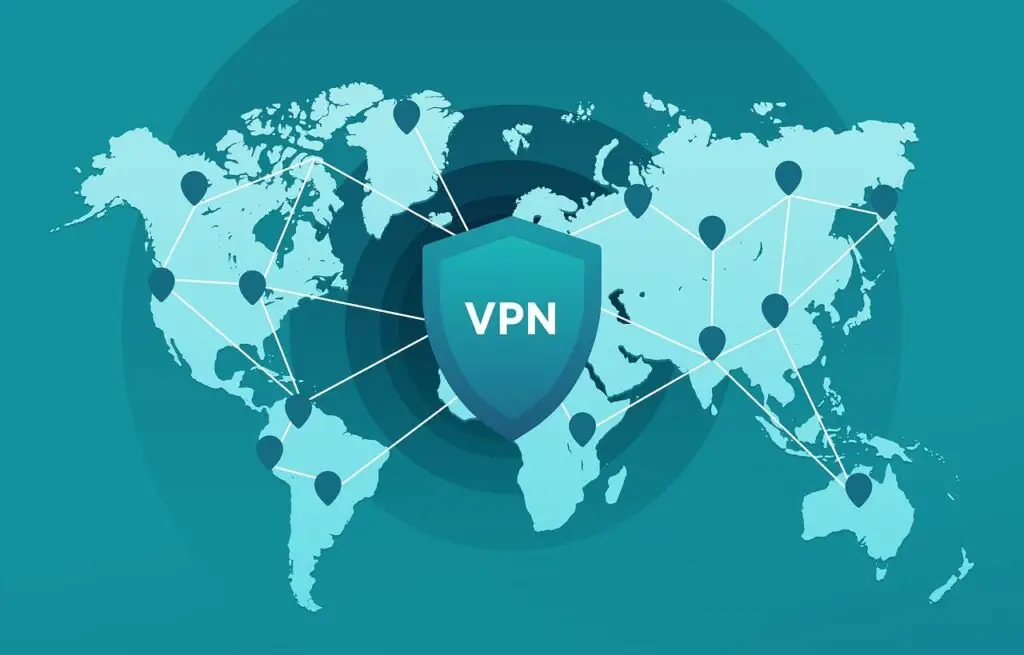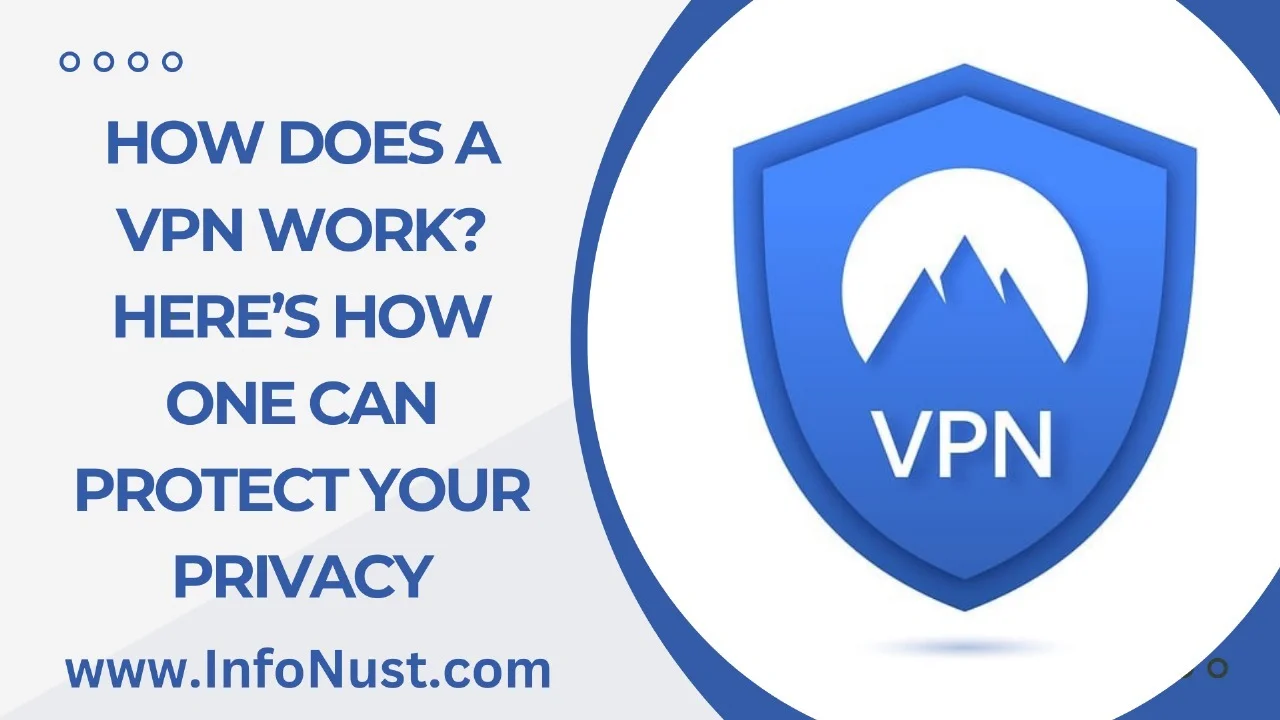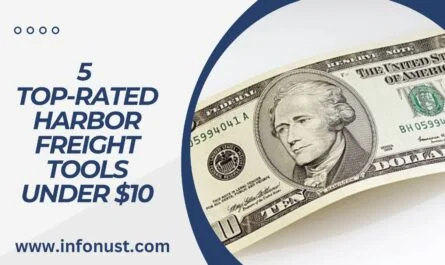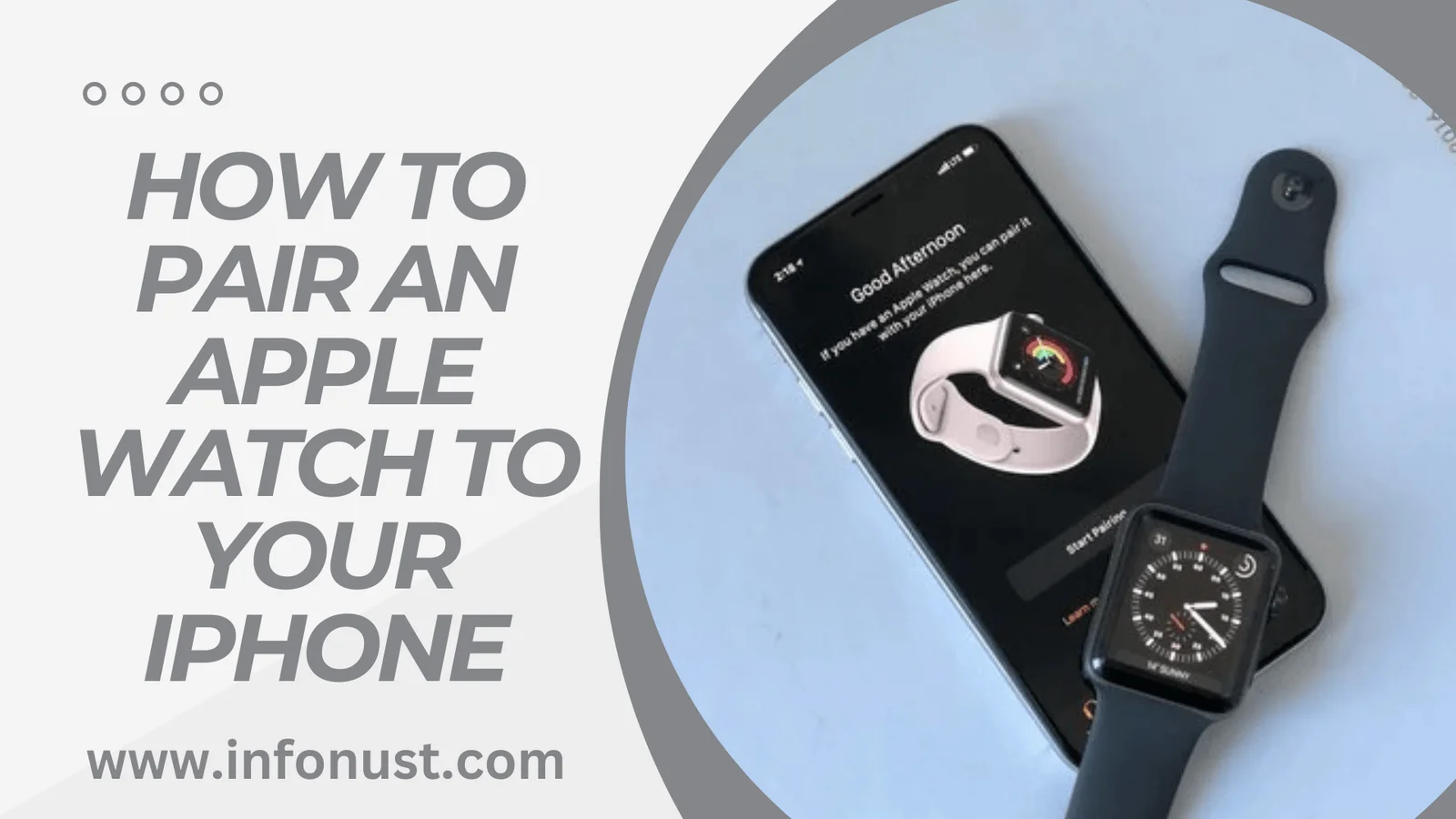How does a VPN work? Here’s how one can protect your privacy. If you connect to the public web, your personal information isn’t known to others. However, the computer is always associated by the IP (internet protocol) address. This could reveal information of where the device is. For more privacy You can conceal your IP address through a VPN which is also known as a virtual private networks. How does a VPN work? Here’s how one can protect your privacy.
But the truth is that using a VPN does not offer additional a security cure. If you’re considering together one is desirable to be aware of the way it works, how a VPN operates and what it can do as well as what other users can find out about you even while you’re on the internet. How does a VPN work? Here’s how one can protect your privacy.
To comprehend VPNs it is essential to understand how they work. internet
To access an online site or stream a video make a call on Zoom–you must be able to transmit or receive data. This typically comes in tiny digital packages.
Consider IP addresses as device’s postal addresses that are available online. Every website is also assigned an IP address associated with the server hosting it. Additionally, it is the DNS system that (DNS) serves like a phone book. Which tracks the names of websites that can be read by humans and are associated with specific IP addresses. One example is that one of the PopSci‘s address is 151.101.2.132. (You do not have to enter the number every time you visit.) These IP addresses give routers–the postal processing centers of the internet. Different from the home WiFi routers that connect you to the internet–information about where to send the data package, and how to get there.
They are managed by Internet service providers such as Verizon, AT&T, and Comcast They also contain map of the internet’s larger network. After they’ve decoded the data of the IP address they are able to determine the excellent route to take for data. VPNs make this process more difficult somewhat in the name of increased protection from privacy.
What is a VPN?

VPN technology was designed originally to be used for business needs, specifically businesses. However, just because users are able to access VPNs in the present doesn’t mean that they’ve changed the idea. The basic concept is identical regardless of who’s with the service. One could imagine an VPN as the equivalent of a digital P.O. box. It is able to receive messages however, it conceals your real house address.
“Each message that is sent via the internet] has not just the address of the destination. But also the sender’s address as well as the recipient. There must be the send address and the return address,” says Vyas Sekar who is a professor of computer and electrical engineering at Carnegie Mellon University. “The VPN is a middle individual between the sender as well as the recipient. This way, the sender is able to hide from the recipient.”
This means that if you wish to access material on a website. But would like to conceal who are as you would like protect your online browsing habits secret and secure, VPNs VPN will keep your information secret.
What is an VPN perform?
VPNs are generally hosted by hosting service providers and companies which run physical servers linked to the internet as well as offering their services via cloud. “They may have a pool of their own IP addresses, and they have servers that are relaying these messages,” Sekar says. Sekar. “They might have multiple areas that you are able to pick from. They could have multiple servers that are distributed across different countries that must be adequately stocked to handle the demand.”
If you enable the VPN service, whether via an application for your mobile or through a extension for your browser plug-in it won’t direct you to the site from your network at home. Instead, the request will go via the VPN service that then connects to the site for you. This way, you will continue to access the website but it’ll look at the website as though it’s emanating from an IP address provided by the VPN service. How does a VPN work? Here’s how one can protect your privacy.
Companies and organisations can utilize VPNs to stop users from using a private network. Certain universities, for instance Carnegie Mellon, will have particular resources that are only able to be reached via the campus’s IP addresses. “When you want to talk to a server inside a private network like CMU, you talk to a VPN server first,” Sekar describes. “That server connects to the security gates of the network’s private. Instead of sending an individual message to the server of my lab I’ll send my message via to the CMU VPN server. The server pretends to be the one who didn’t leave campus.”
Why use a VPN?

The majority of people make use of VPNs to access their internet for a variety of motives. “One is for privacy,” sekar points out. Sekar. “The other interesting use case is to break geofencing.”
As an example, Netflix offers different material in various countries because of license variations around the world. If you want to watch a film that’s not through Netflix US but is available via Netflix UK. You could utilize the VPN to appear within the right nation.
Though VPNs are usually legally legal, countries with a high level of censorship are often trying to stop them as they enable users to get around the censorship system. In keeping with the post office analogy, say you needed to deliver an address for an address that is not in the list of no-send addresses in your local post office instead of mailing the note direct to the person, mail the letter to an intermediary who would then take your note from its envelope and place it in another envelope with the address of the recipient on it, Sekar explains.
Do you have the feature of being traced if you’re using VPN? VPN?
VPNs can’t protect you from privacy. “VPNs don’t prevent things like cookies or other kinds of information from leaking,” sekar explains. Sekar. You may see specific ads or banners which load on websites in connection with the information sent by the browser and that data might not be transmitted via the VPN. “It depends on how the VPN is configured,” Sekar says. “It’s not actually providing protection. It’s merely hiding the location of your computer. VPNs aren’t able to block monitoring of patterns used by users.”
The privacy you enjoy depends on how trustworthy and reliable you believe the VPN service it provides. It isn’t wise to trust anyone to manage your mail. You would need to know that they do not have an history of reading mail or selling the content within the packages. This is the same when it comes to an VPN service as poor-quality VPNs could be leaking or selling your information.
Q&A
What is a VPN ensure your privacy?
A VPN is a method of protecting your online identity. It is the only method to understand this encryption is through an encryption key. Your computer is the only one and VPN have this key. Which makes the impossible for you ISP to determine which website you’re using.
What is an VPN and how does it function?
A VPN is a VPN, or virtual private network is the digital connectivity between your laptop and remote servers operated by an VPN provider, resulting in points-to-point tunnels that secure your personal information, hides your IP address and lets you bypass firewalls and blocking of websites online.




